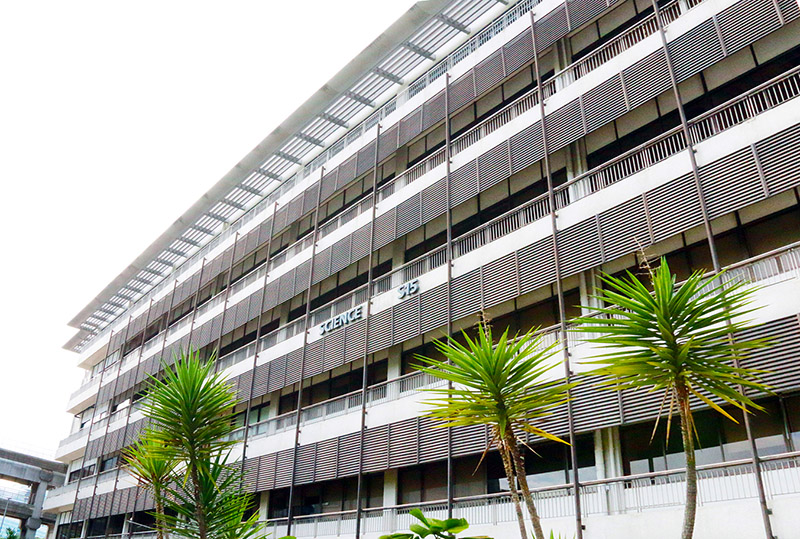Highlights
Singapore's National Research Foundation awards CQT $36.9 million funding

CQT is hosted at the National University of Singapore (pictured) with additional laboratories at Nanyang Technological University. Singapore's National Research Foundation and Ministry of Education are major stakeholders.
The National Research Foundation (NRF) of Singapore has awarded the Centre for Quantum Technologies $36.9 million to support its core operating costs from 2014. This follows the $158 million founding grant awarded by NRF and the Singapore Ministry of Education in 2007 to establish CQT.
"We are grateful to our stakeholders for their continued commitment to the Centre for Quantum Technologies. The Centre has made its mark in the international scientific community, and with this support we can continue to compete at the highest level" says Artur Ekert, the Centre's director. He accepted the new tranche of core funding on behalf of the Centre in May.
Singapore was ahead of the game in establishing a research program in the area of quantum technologies. Other countries have more recently launched initiatives in this area. For example, the UK in 2013 announced a GBP270 million "Quantum Technologies Programme". Research centres springing up elsewhere include the CAS Center for Excellence Quantum Information and Quantum Physics launched in Hefei, China, in January 2014, and the QuTech centre to open in Delft, the Netherlands in January 2016.
Research in quantum technologies is driven by the twin goals of answering fundamental questions about nature and creating new technologies for the benefit of mankind. Applications of quantum technologies already exist in communication, computing and measurement, while fundamental discoveries could lead to technologies beyond the current limits of our imagination.
CQT used its initial core funding to appoint 21 Principal Investigators, establish their research groups and build up experimental laboratories. Projects at CQT are also supported through grants from competitive funding rounds and external collaborators.
Recent highlights of CQT research include the demonstration of protocols for secure communication and the launch of a $10 million, five-year project on quantum randomness.






